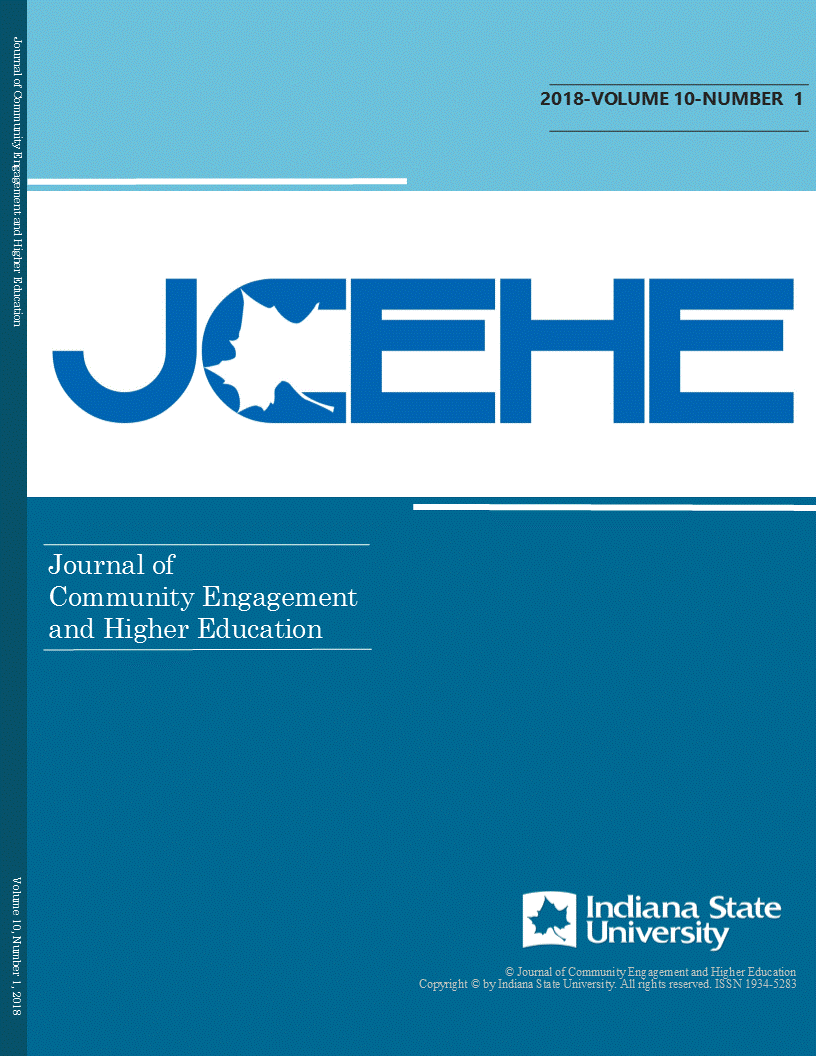Using Games to Solve Real-World Civic Problems: Early Insights and Design Principles
Keywords:
civic engagement, civic learning, crowdsourcing, community engagement, video gamesAbstract
Video games are starting to be used to support civic learning and engagement. Moreover, games are being used to crowdsource solutions to real-world problems; however, few of these games address civic problems and engage adolescents and young adults. In this paper, I explore designing and using games for real-world civic problem solving, as well as for supporting civic engagement among young adults. Using a design analysis approach, I investigate six video games and propose 20 initial design elements for use in creating and implementing civic problem-solving games. These include principles such as using authentic civic problems, data, and tools; enabling the comparison and verification of solutions to civic problems; and facilitating interaction with multiple civic-related solutions, perspectives, and roles.
Downloads
Published
Issue
Section
License
The Journal of Community Engagement and Higher Education (JCEHE) requires authors to transfer copyright to the JCEHE at the time of submission.
If the JCEHE decides not to publish a submission, then copyright is transferred back to the author at the time the submission is declined.
After publication, if an author would like to reprint portions of the article (generally up to 25%), then the author should contact the JCEHE's Editor, Catherine Paterson, to request permission.
200 North Seventh Street, Terre Haute, Indiana, USA 47809-9989
Copyright © 2012 by Indiana State University. 1-800-GO-TO-ISU | 1-800-468-6478

